Die Flamme (1923)
Genre : Drama
Runtime : 43M
Director : Ernst Lubitsch
Synopsis
In 19th century Paris a hedonistic woman marries an aristocrat but has trouble keeping faithful to him.

The story of a poor young woman, separated by prejudice from her husband and baby, is interwoven with tales of intolerance from throughout history.
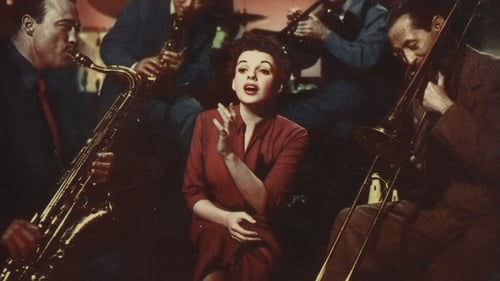
A movie star helps a young singer-actress find fame, even as age and alcoholism send his own career into a downward spiral.

In the War's closing days, when a conscience-driven Japanese soldier fails to get his countrymen to surrender to overwhelming force, he adopts the lifestyle of a Buddhist monk.
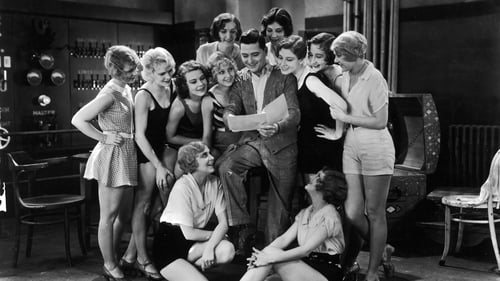
The vaudeville act of Harriet and Queenie Mahoney comes to Broadway, where their friend Eddie Kerns needs them for his number in one of Francis Zanfield's shows. When Eddie meets Queenie, he soon falls in love with her—but she is already being courted by Jock Warriner, a member of New York high society. Queenie eventually recognises that, to Jock, she is nothing more than a toy, and that Eddie is in love with her.
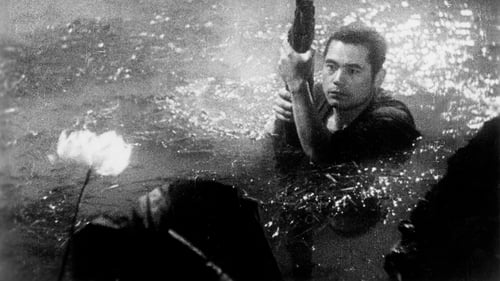
The story of Sanshiro, a strong stubborn youth, who travels into the city in order to learn Jujutsu. However, upon his arrival he discovers a new form of self-defence: Judo. The main character is based on Shiro Saigo, a legendary judoka.
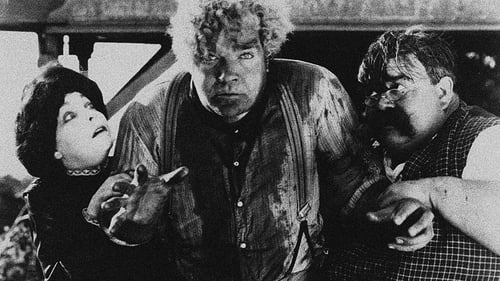
A lottery win of $5,000 forever changes the lives of a miner turned dentist and his wife.
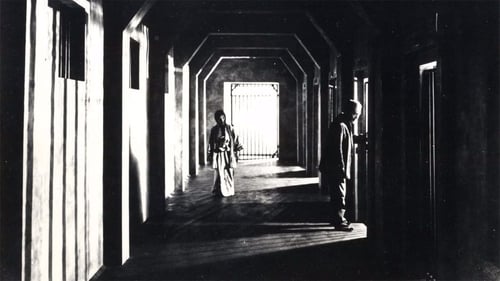
A man takes a job at an asylum with hopes of freeing his imprisoned wife.
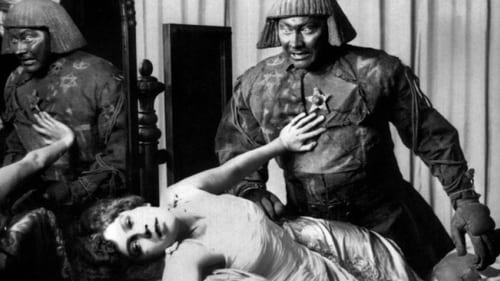
This mostly lost film (please check your attic) is often confused with director Paul Wegener third and readily available interpretation of the legend; Der Golem, wie er in die Welt kam (1920). In this version of the golem legend, the golem, a clay statue brought to life by Rabbi Loew in 16th century Prague to save the Jews from the ongoing brutal persecution by the city's rulers, is found in the rubble of an old synagogue in the 20th century. Brought to life by an antique dealer, the golem is used as a menial servant. Eventually falling in love with the dealer's wife, it goes on a murderous rampage when its love for her goes unanswered.
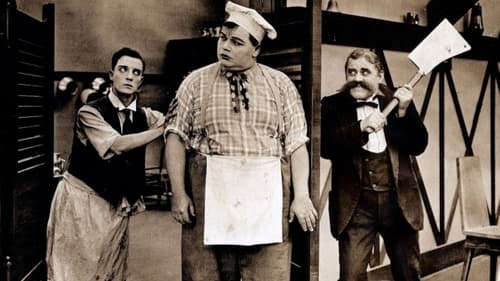
In an attempt at greater efficiency, the chef of a fancy oceanside restaurant and his assistant wreak havoc in the establishment. Adding to the complications is the arrival of a robber.
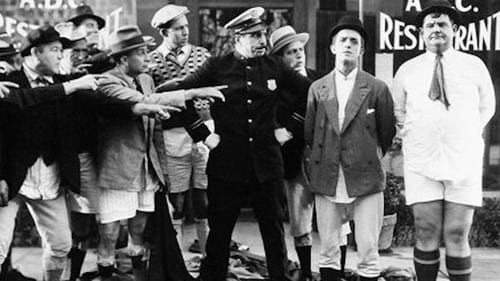
Fight manager takes out an insurance policy on his puny pugilist and then proceeds to try to arrange for an accident so that he can collect.
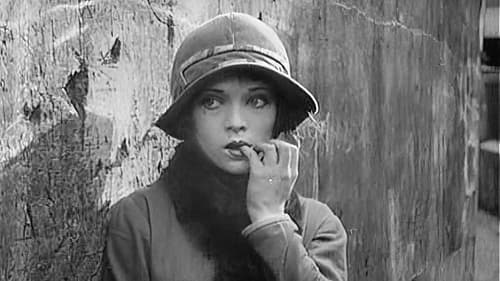
A pair of sisters leave the country for the city after their parents are slaughtered in a mysterious axe murder.
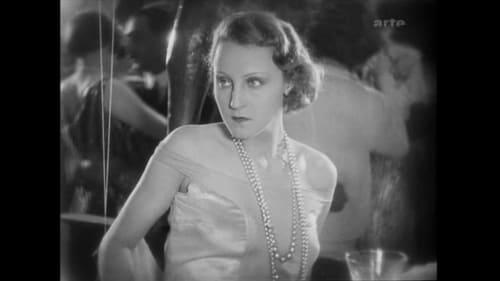
Neglected by her husband, an ambitious lawyer, Irene seeks variety in Berlin's nightlife-- An evening of dancing, dolls, cocaine and immoral passion. Irene takes the "devious path" as she seeks to make her husband jealous.

Three Scottish officers, including Sir Archi, murder Sir Arne and his household for a coffin filled with gold. The only survivor is Elsalill, who moves to relatives in Marstrand. There she meets a charming young officer- Sir Archi- and she soon understands that he was one of the murderers.

Just as Galeen and Wegener's Der Golem (1915) can be seen as a testament to early German film artistry, The Story of the Kelly Gang (1906) symbolizes both the birth of the Australian film industry and the emergence of an Australian cinema identity. Even more significantly, it heralds the emergence of the feature film format. However, only fragments of the original production of more than one hour are known to exist, preserved at the National Film and Sound Archive, Canberra; Efforts at reconstruction have made the film available to modern audiences.
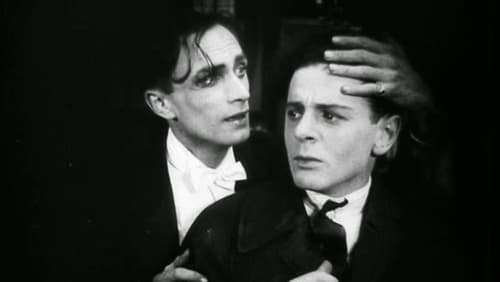
Conrad Veidt plays a famous musician who is blackmailed for being gay. Eventually he stands trial and is convicted. At the end the film pleads for the abolition of §175 (the paragraph which punishes homosexuality).
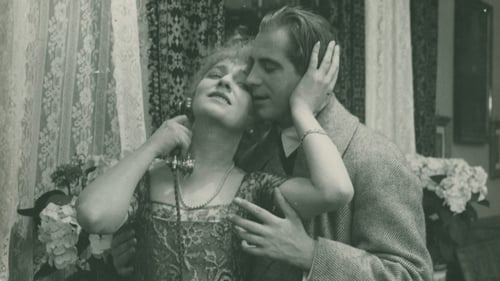
Erotikon is a 1920 Swedish romantic comedy film directed by Mauritz Stiller, starring Tora Teje, Karin Molander, Anders de Wahl and Lars Hanson. It is based on the 1917 play A kék róka by Ferenc Herczeg. The story revolves around an entomology professor obsessed with the sexual life of bugs, and his easygoing wife who is courted by two suitors.

The Government of the fictional country Norland has unleashed a war with the neighboring Galikania and is suffering one defeat after another. A group of conspirators who were dissatisfied with this state of affairs, led by the Social Democrat Frank Frey arrange a coup to overthrew the emperor of Norland. But the working class does not like the new order either. Workers expose Frank Frey's policy of continuing the war and a revolution breaks out in the country. The leader of the socialist revolution becomes a mechanic of the name Franz Stark.
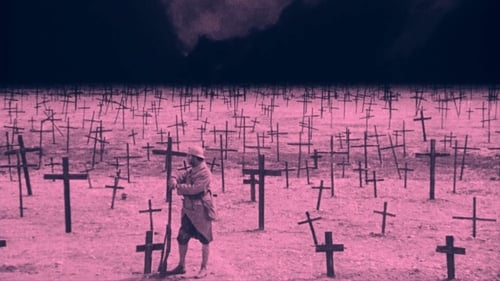
The story of two men, one married, the other the lover of the other's wife, who meet in the trenches of the First World War, and how their tale becomes a microcosm for the horrors of war.

Paula is a circus performer married to the alcoholic clown-acrobat Lorio. Lorio's heavy drinking leads to him being severely injured during a performance. This forces Paula and the now-crippled Lorio to become street musicians. This film formerly ran to 81 minutes – regrettably, the second half is considered lost.
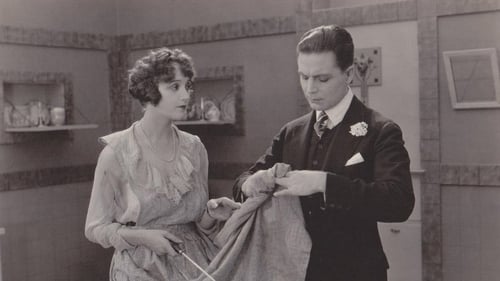
Bright young novelist Mabel Vere is engaged to Gerald Wantage, a prig who angrily objects when she advertises for a husband in order to elicit ideas for her new book. Mabel's roommate, Maud Bray, a physical culture expert, frightens away the less desirable suitors, while the writer responds to the more interesting letters, and soon becomes embroiled in a number of adventures.

















